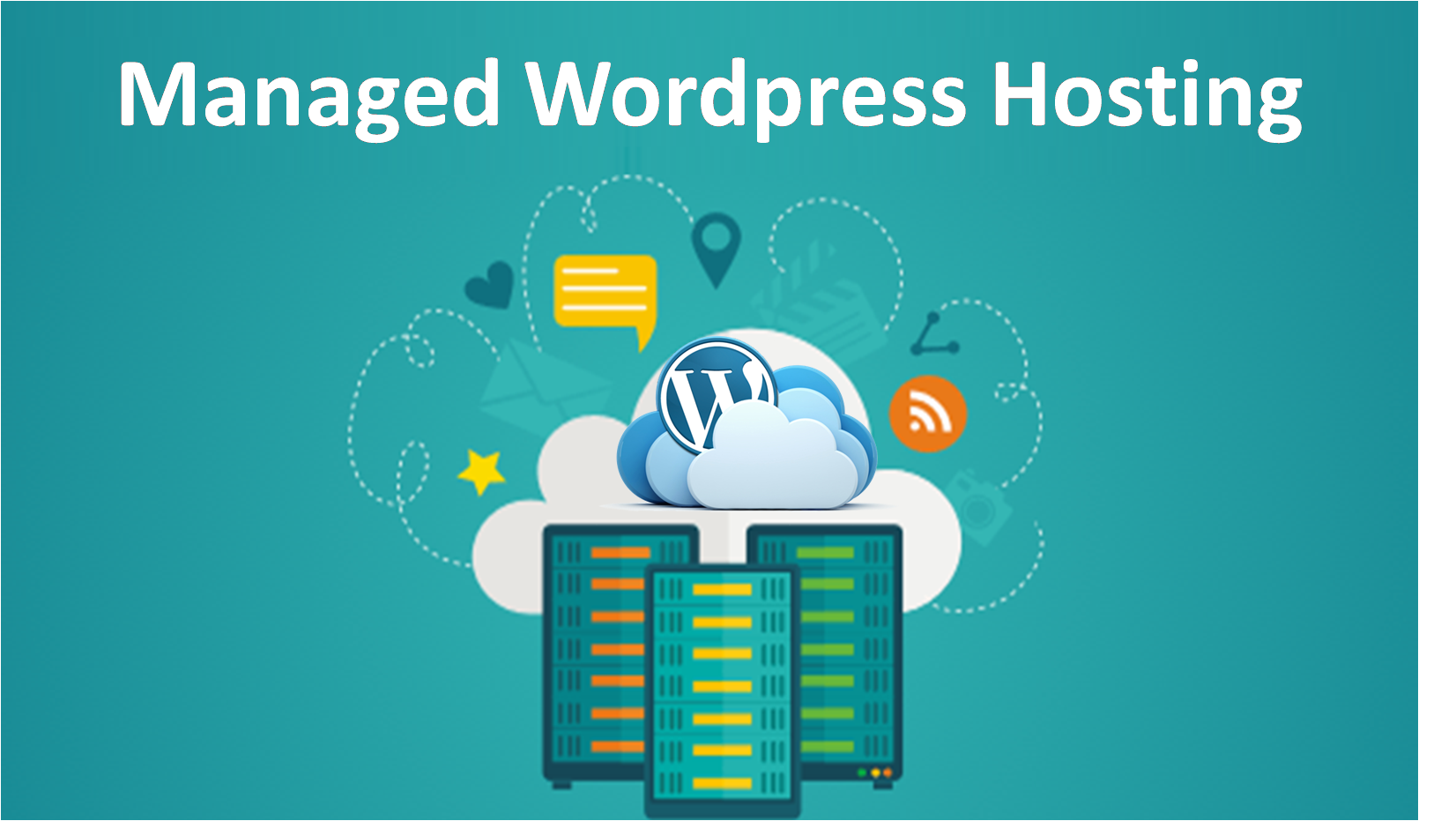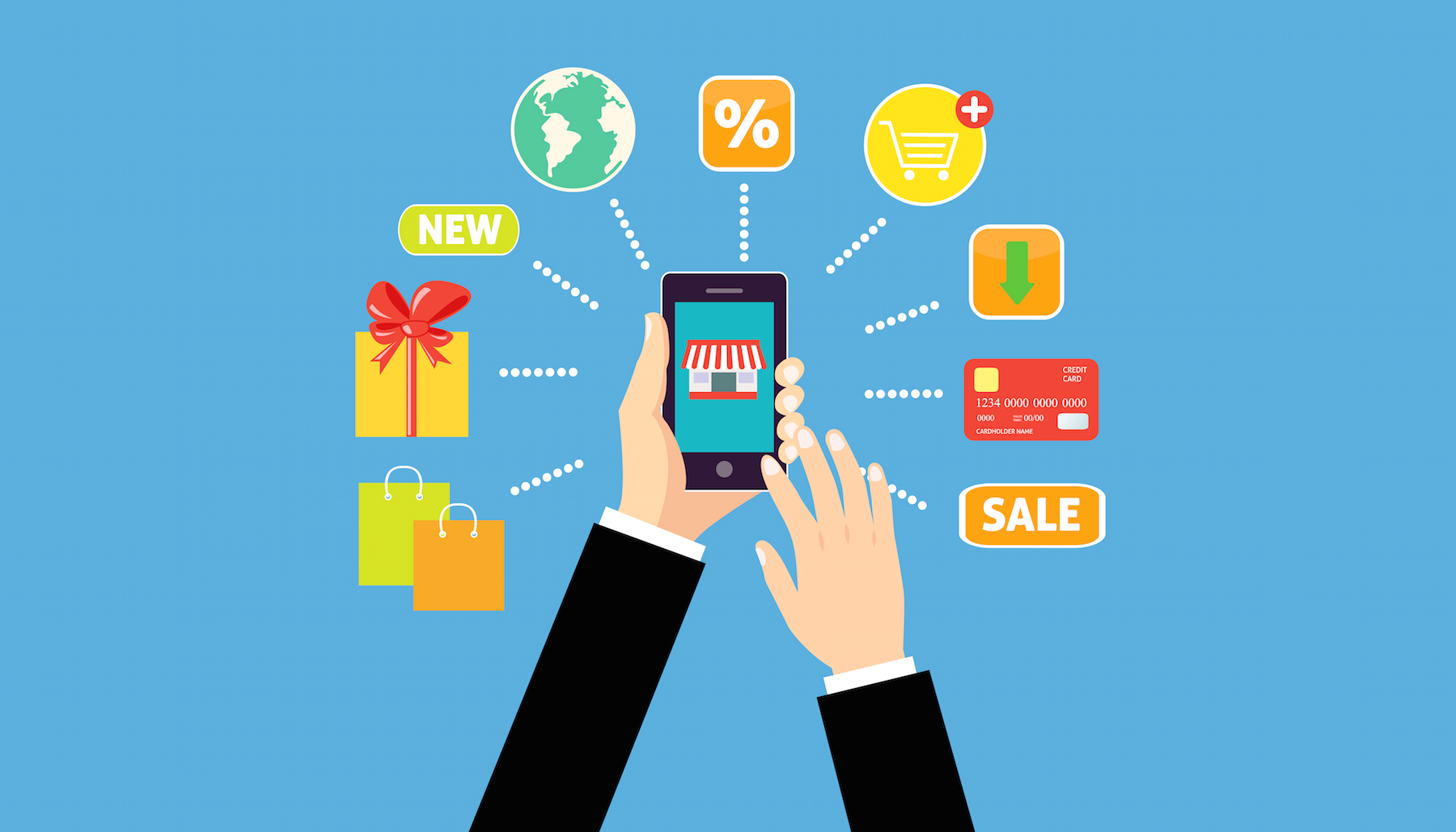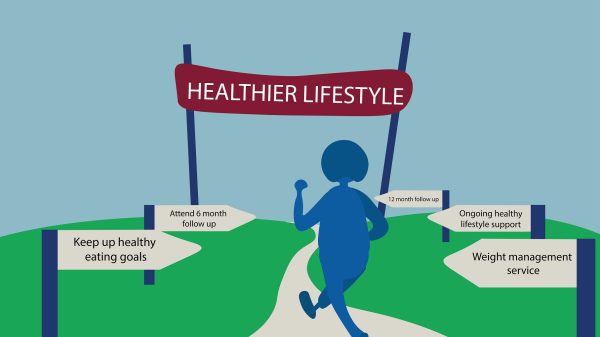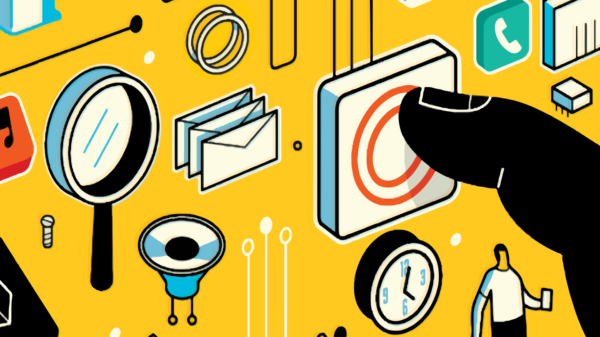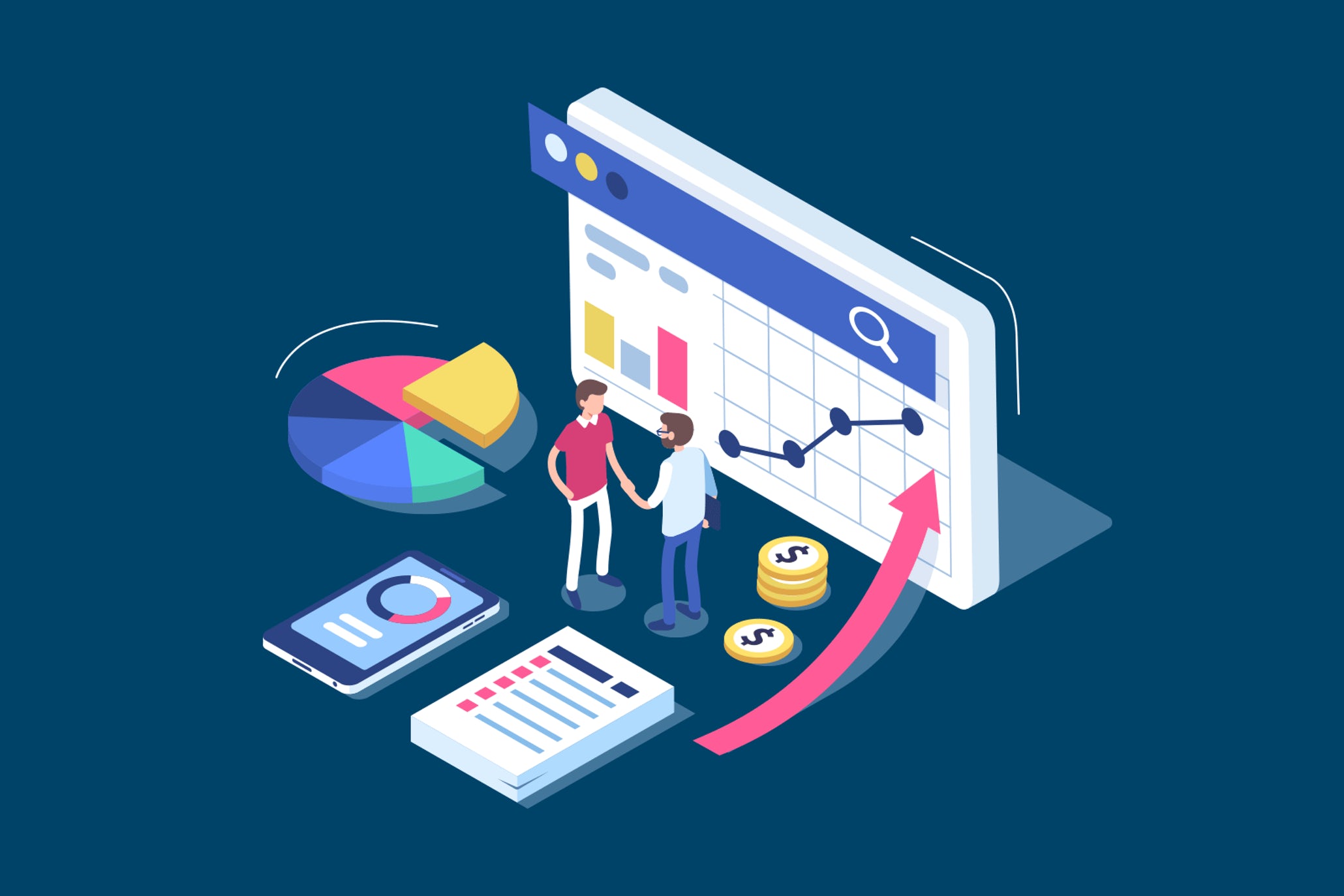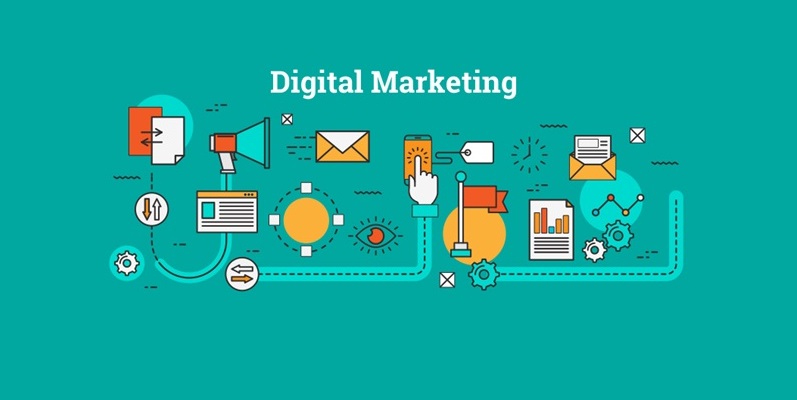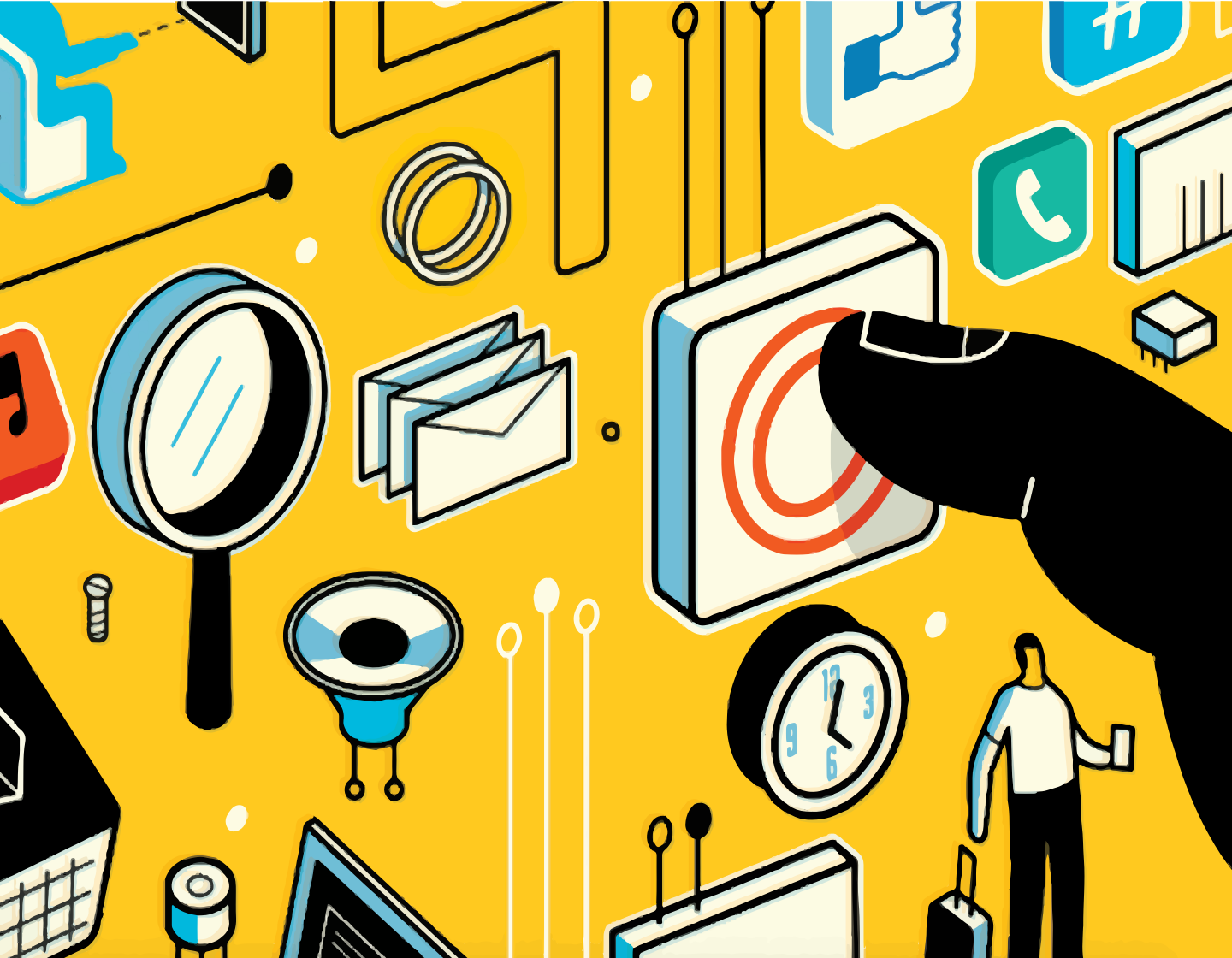Keywords: on-demand economy, future of on-demand economy, on-demand economy size, on-demand delivery app Development Company
It might sound cliche but the on-demand economy is here to stay. It’s booming – by the day and by the hour.
By now, you, me and anyone with a Smartphone and an internet connection has accessed and experienced the on-demand economy. The apparel we purchase online, the groceries we get delivered, the Ubers we take, the Airbnb accommodations we celebrate on Instagram and the Netflix series that we watch one episode after the other are all on-demand services, catering to different market needs respectively.
Ah, we missed the on-demand food delivery apps that take care of our midnight cravings as well.
The entire world is embracing the on-demand economy and venture capitalists are increasingly on the lookout for breakthrough ideas in this niche. So, if you’ve always wanted to start an on-demand business but not sure which service line to choose, or have zero idea about what the economy is all about, this post should help you get started.
From crucial statistics on the on-demand economy and its power to some of the services to venture into, we would shed light on everything.
So, gear up.
On-demand Economy Size
Okay, so let’s quickly deep-dive into numbers that matter.
- In 2014, investments in the on-demand economy numbered to around $74bn but by the end of 2017, it had already hit close to $10,293bn.
- Over 75% of the overall funding has been directed towards on-demand startups.
- The on-demand apps and websites market is increasing at rapid rates and is expected to become a $335bn market by the year 2025.
- Over 22.4 million people have spent over $57.6bn online.
- An interesting statistic also revealed that over 60% of the people in the US are ready to pay extra for same-day delivery.
- 51% of companies that transitioned into the on-demand economy have reported profits.
How Important is the On-demand Economy
From the numbers, it is clearly evident that investors and consumers are all inclined towards online shopping and real-time purchases. Driven by our impulse decisions and convenience, the on-demand economy has sort of hit the sweet spot and found a perineal place in our minds and smart phones.
From ordering things from our home to getting them at home, the on-demand economy offers absolute convenience to consumers. The need for the on-demand economy was fueled after the onset of the Covid-19 pandemic.
During lockdowns and shelter-in-place situations, what arrived as a blessing across the world was the on-demand economy with its door delivery and pickup of essential services.
During the pandemic (in the month of April, 2020), the e-commerce market underwent a complete overdrive. The sales grew by 49% according to Adobe Analytics reports. Out of which,
- 58% of the sales accounted for electronic devices
- 100% for books
- And 110% for groceries
Even people who initially showed skepticism towards online shopping and the on-demand economy switched to using them eventually because of the viral outbreak and outdoor restrictions. The market is increasing more than ever now and the numbers are your proofs.
The Impact of the On-demand Economy On Regular Businesses
During the same time, the on-demand economy flourished during the outbreak, what happened contrary was several offline businesses filing for bankruptcy. Close to 11 retailers went broke due to the pandemic according to this report. Even before the outbreak, the on-demand companies had a substantial edge over their offline counterparts because of some crucial reasons.
The include the following –
- On-demand services offer ultimate convenience to consumers.
- Personalization has been a key factor in generating, sustaining and retaining interests of consumers. With recommendation engines like that of Netflix, it’s very simple for them to make us keep going back to the platform to catch new series.
- Deals, discounts and offers are personalized as well.
- Consumers are well informed about the arrival of new products.
- The engagement quotient is significantly high in the on-demand economy because businesses make content marketing part of their marketing strategy. So, a consumer has a complete idea of what product they would like to buy and take informed decisions.
- Data science and analytics play a crucial role in brands understanding their customers better and optimizing their performance, service deliveries and experience.
5 Service Industries That Are Driving the On-Demand Economy
If you are already hooked by the idea of the on-demand economy, here are some industries you could venture into.
Transportation
Let’s keep transportation as an umbrella term for transportation and travel. With the onset of services like Airbnb and Uber, this industry has been a significant player in the on-demand economy. Like we mentioned before, over 75% of the funding have been channelized into the transportation and travel sector with following breakdown (source – Crunchbase) –
- Uber – $11.6bn
- Airbnb – $4.4bn
- Lyft – $2.01bn
- Ola – $1.56bn
- And Instacart – $0.67bn
Though competition is becoming fiercer in this niche, the demand is witnessing an equivalent surge.
Healthcare
The role of the on-demand economy in healthcare has been nothing less than a blessing for several users across geographic locations. The economy completely transformed the industry, wherein patients had to wait for hours before finally meeting the doctor.
Now, it is all through an app – from making appointments to making payments. There are also online consultation options through chats and video calls. Even medicines are now being delivered home after orders are received online.
With the arrival of electronic health records and the application of artificial intelligence, on-demand diagnosis and treatments are becoming more effective as well.
Food Delivery
After a hard day at work, the most comforting call one could receive is from a delivery agent who has picked up your food order. From people staying alone in studio apartments and those who work at unusual timings, the on-demand food delivery services have indeed brought happiness into their (our) lives.
According to statistics from CGA Peach, over 50% of the people in British got a takeaway delivered to their homes in 2016. If you didn’t know the size of the food delivery market, it is close to 83m Euros.
Logistics
A distant cousin of food delivery businesses is the logistics delivery business, which has allowed us to move our things easily. Apart from helping us move our goods, they have also enabled the delivery of smaller things we intend to send out to people within our cities.
These on-demand delivery services have fostered an environment where anything could be transported anywhere all from an app. Today, there are people who get their laptops delivered to their workplaces through an app when they completely forget about it.
Transparency has key in the success of on-demand logistics services, where we could track the progress of our pickups and deliveries and check if the pricing makes sense to us.
This market is still booming and if you wish to get an app developed, we recommend immediately getting in touch with an on-demand delivery app development company.
Professional Services
The availability of professional services has always been a problem at households. Finding the right person at the right time has been a concern that only recently got fixed. Thanks to the on-demand services, we can now look for professional services associates in our vicinity and hire them for our concerns.
From plumbers and mechanics to engineers, an array of services are listed and offered by apps today that make our lives better.
There are also on-demand teachers, instructors, hairdressers, makeup artists and more at the disposal of these companies.
Wrapping Up
We believe you now have a complete understanding of what the on-demand economy is, its importance in the society, and some industries you could venture into.
The time is just right to enter the market and if your idea is revolutionary and adds layers to the already existing apps, you might as well receive funding. Go out there and explore your options, read up more about industries that interest you and get a solid platform developed.
The future of the on-demand economy rests on aspirants like you.
Good luck!





